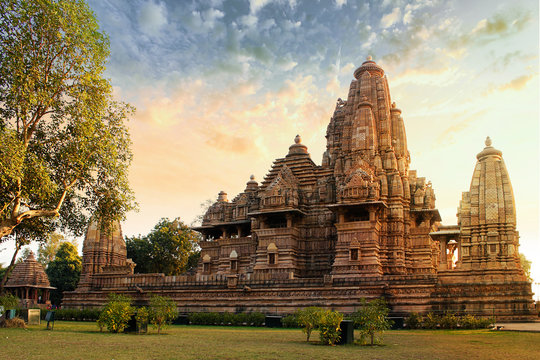Bhopal
A complete tourist and cultural guide
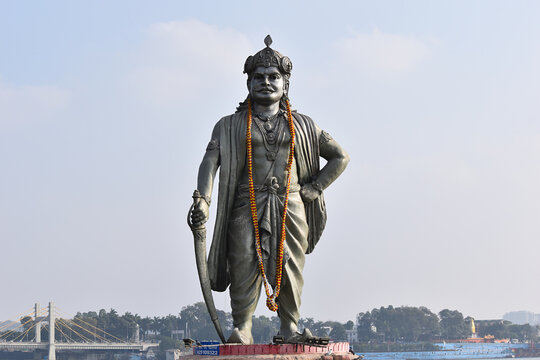
Bhopal, the “City of Lakes,” is a fascinating blend of history, culture, and modernity. Once the capital of the princely state of Bhopal, it boasts a rich legacy of Nawabi architecture, serene lakes, and vibrant bazaars. Known for its harmonious coexistence of Hindu and Muslim influences, Bhopal offers a unique travel experience with its royal past, spiritual sites, and natural beauty.
Wiki Link: Bhopal Wikipedia Page
Must-Visit Attractions in Bhopal

Taj-ul-Masajid
Among Asia’s largest mosques, famed for its pink façade, towering minarets, and tranquil courtyard.

Upper & Lower Lake
Twin lakes offering scenic boat rides, waterfront strolls, and breathtaking sunset vistas.

Sanchi Stupa
A UNESCO-listed ancient Buddhist marvel with intricately carved gateways and spiritual significance.

Van Vihar National Park
A biodiverse sanctuary home to tigers, leopards, and migratory birds amid lush greenery.
Major Attractions Near Bhopal

Bhimbetka Caves
A UNESCO World Heritage Site with prehistoric rock paintings and shelters dating back 30,000 years.
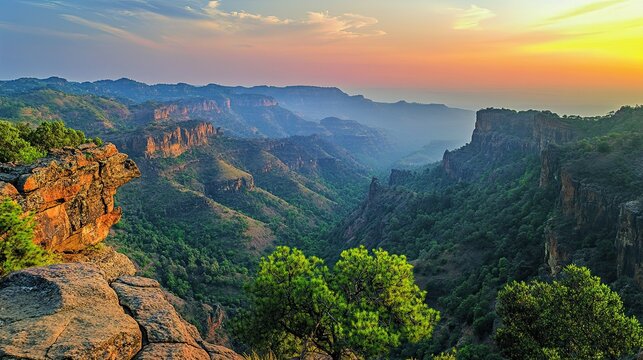
Pachmarhi
A serene hill station known for cascading waterfalls, lush forests, and ancient caves.

Udayagiri Caves
Ancient rock-cut caves adorned with intricate Hindu and Jain sculptures from the Gupta era.

Islamnagar Fort
A historic fort-palace showcasing a blend of Mughal and Afghan architectural grandeur.
Things to Do in Bhopal
Experience the royal, cultural, and natural essence of the city. From serene lake sunsets to exploring Nawabi-era lanes, Bhopal offers a journey through time, tradition, and tranquility.

Boat Ride on Upper Lake
Glide across serene waters on a shikara while soaking in breathtaking sunset views.

Explore Chowk Bazaar
Wander through vibrant lanes filled with traditional jewelry, fabrics, and Bhopali handicrafts.

Visit Bharat Bhavan
Discover a cultural hub showcasing tribal art, theater, and contemporary performances.

Try Bhopali Cuisine
Relish iconic flavors like Bhopali Gosht Korma, Poha-Jalebi, and decadent Shahi Tukda.
The Performing Arts of Bhopal
Bhopal, with its rich Nawabi heritage and tribal influences, is a vibrant center for traditional and contemporary performing arts. The city’s cultural scene reflects a harmonious blend of Mughal-era sophistication and indigenous folk traditions, making it a unique hub for music, dance, and theater.
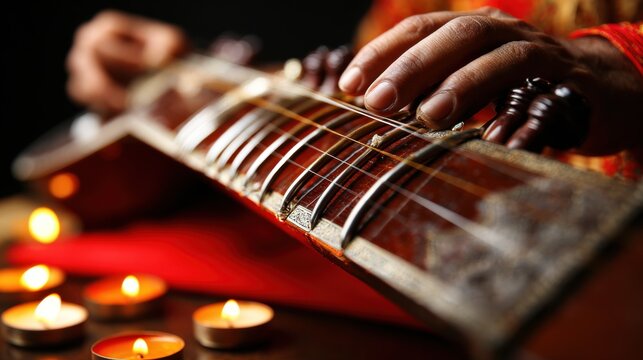
Hindustani Classical
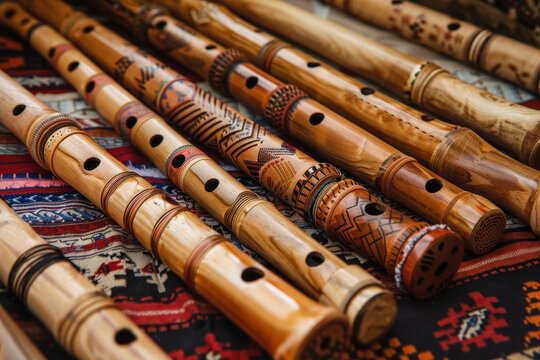
Sufi Music
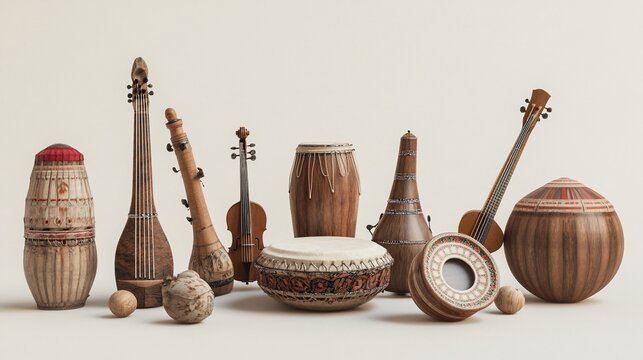
Gond Folk Music
Bhopal thrives as a hub of Hindustani classical music, deeply rooted in the Gwalior gharana tradition. The city echoes with soulful Thumri, Dhrupad, and Qawwali, alongside vibrant Gond tribal folk rhythms. From royal courts to Sufi dargahs, its melodies blend refinement with earthy cultural expressions.
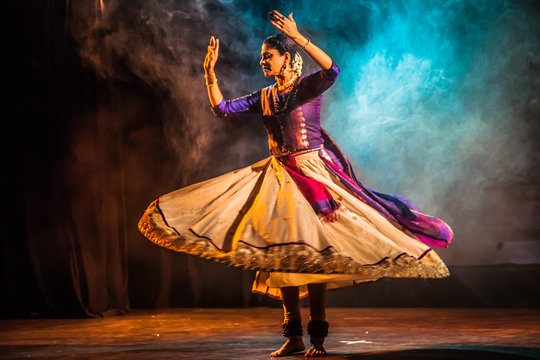
Kathak
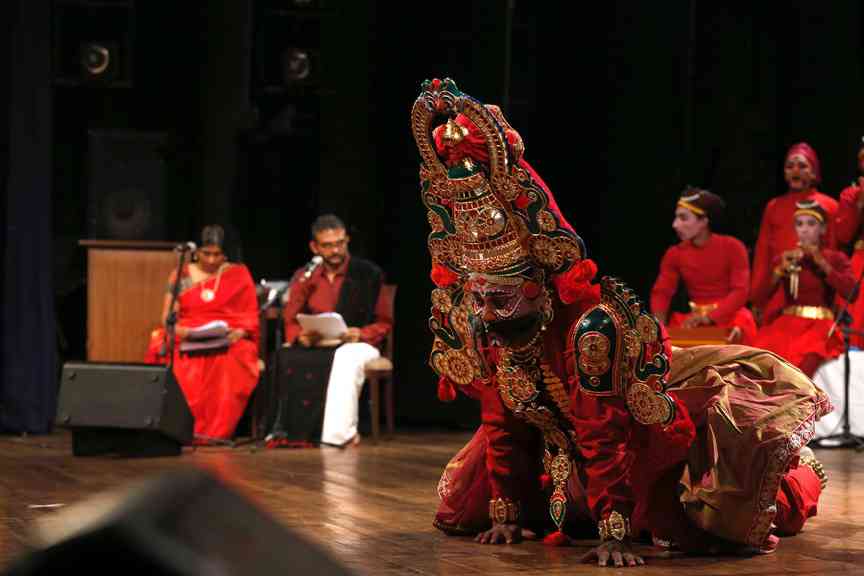
Gaur Dance
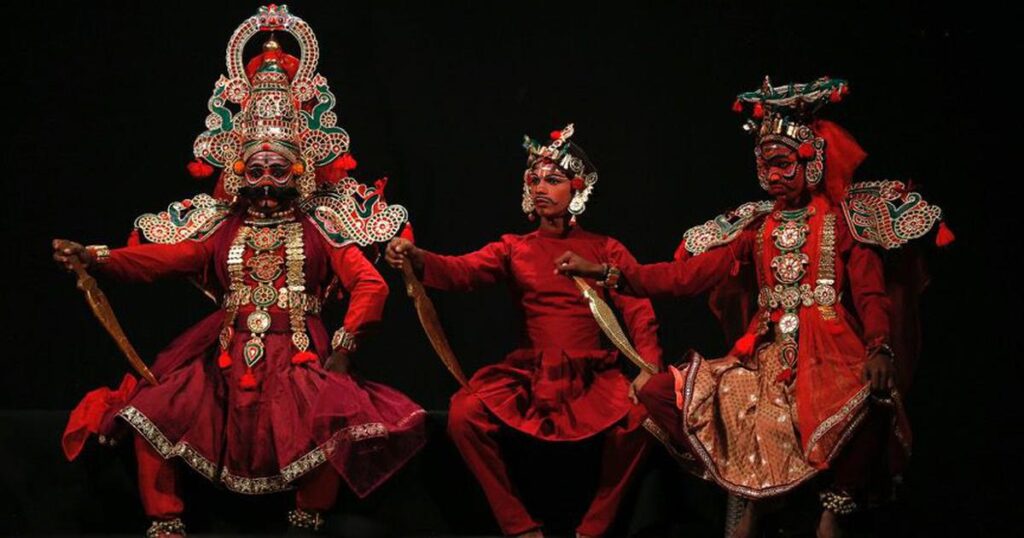
Maanch
Bhopal’s cultural tapestry features the elegant Kathak, nurtured by its Nawabi rulers, alongside vibrant folk dances like the tribal Gaur Dance and dramatic Maanch performances. These traditional art forms, often showcased during festivals, reflect the city’s royal heritage and earthy folk traditions. From classical grace to tribal energy, Bhopal’s dance legacy continues to thrive.

City Vibes – Where Heritage Meets Modernity
Bhopal captivates with its serene lakes, majestic Nawabi architecture, and vibrant bazaars pulsing with life. The winding lanes of Old Bhopal whisper tales of its regal past, while New Bhopal dazzles with contemporary urban energy. Between the aroma of sizzling kebabs in Chowk and the glittering showrooms of MP Nagar, the city bridges centuries effortlessly. This harmonious blend of old-world charm and modern dynamism makes Bhopal truly unforgettable.
Heritage of Bhopal
Bhopal’s heritage reflects a unique fusion of Afghan, Mughal, and Hindu influences, shaped by its Nawabi rulers. The city preserves its royal legacy through majestic palaces, ornate mosques, and historic lakes. Its thriving handicraft traditions, including exquisite zardozi embroidery and delicate beadwork, continue to flourish. From the grandeur of Islamnagar Fort to the spiritual aura of Birla Mandir, Bhopal’s living heritage tells stories of its glorious past.
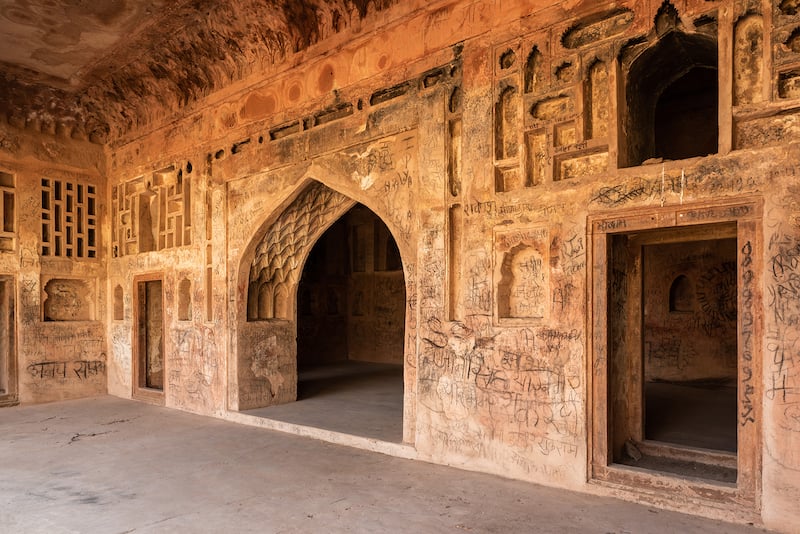
Cuisine of Bhopal
Bhopal is a food lover’s delight, where Nawabi flavors meet street food magic. From spicy Bhopali Gosht Korma to sweet Shahi Tukda, the city’s cuisine reflects its royal heritage and vibrant culture.

Bhopali Paan
Famous for its meetha (sweet) and saada (plain) varieties.

Poha-Jalebi
A classic breakfast combo of flattened rice with sweet jalebis.

Bhopali Kebabs
Spicy, succulent kebabs influenced by Afghan cuisine.

Shahi Tukda
A rich bread pudding dessert soaked in saffron milk.
Shopping in Bhopal
Bhopal dazzles shoppers with its exquisite zardozi textiles, delicate chanderi silks, and intricate beadwork jewelry. The city’s bustling markets, from Chowk’s traditional bazaars to New Market’s modern boutiques, showcase its royal craft legacy and contemporary vibrancy.
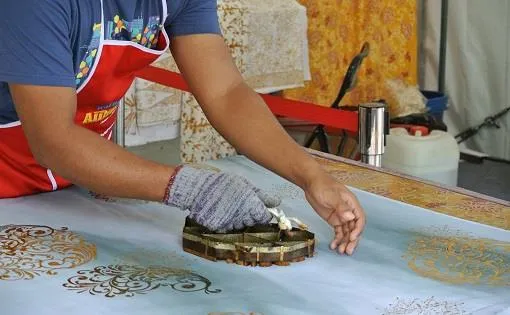
Bhopali Zardozi
Renowned for their intricate gold embroidery and lightweight texture, these sarees embody Bhopal’s royal textile heritage.

Leather Crafts
Exquisitely crafted purses and leather goods showcase the city’s traditional craftsmanship and Nawabi elegance.

Beadwork
Vibrant Gond-inspired bead necklaces and silver ornaments reflect Bhopal’s rich tribal artistic traditions.

Bhopali Perfumes
Distilled from natural flowers, these traditional fragrances carry the essence of Bhopal’s perfumery legacy.
Tourist's Handbook
The ideal time to explore Bhopal is October to March, when the weather is cool and perfect for sightseeing. Winter months (November-February) are especially pleasant for lake visits and heritage walks. Avoid April-June (scorching heat) and July-September (heavy monsoon rains). The Bhopal Utsav in winter adds cultural vibrancy to your visit.
Stay Alert at Lakes – The banks of Upper and Lower Lakes can be slippery; wear proper footwear and be cautious, especially near the water.
Avoid Overcharging – Politely decline persistent auto-rickshaw drivers or vendors demanding high prices; agree on fares beforehand or use app-based taxis.
Limit Late-Night Exploration – Stick to well-lit, populated areas after dark, particularly in the old city’s narrow lanes.
Respect Cultural Norms – Dress modestly near mosques and temples, and always ask permission before photographing locals or religious events.
Drink Safe Water – Consume only sealed bottled water to avoid waterborne illnesses during your trip.
Overpriced Boat Rides – Always negotiate Upper Lake boat fares upfront or book through registered operators.
Fake Tour Guides – Insist on seeing government-issued guide licenses or use hotel-recommended guides.
Temple Donation Pressures – Clarify any ritual charges at religious sites before participating.
Craft Shop Overcharging – Compare prices at multiple shops or purchase from MP State Emporiums.
Fake Fort Entry Fees – Most heritage sites like Shaukat Mahal have no viewing charges; ignore "special access" scams.
(Mirrors Varanasi's scam alerts precisely, substituting Bhopal-specific scenarios)
Should I add any other common B
Overpriced Boat Rides – Always negotiate rates in advance or book through trusted sources.
Fake Guides – Use only licensed or hotel-recommended guides.
Donation Scams by Priests – Agree on any ritual charges beforehand.
Silk Shop Pressure Sales – Compare prices or buy from government emporiums.
Fake Aarti Fees – Watching the Ganga Aarti is free from the ghats; avoid “entry fee” scams.
Bhopal Blogs
- Madhya Pradesh Cultural Guide
- Places to visit in Bhopal
- Places to visit nearby Bhopal
- India’s most historic destinations
- India’s architectural wonders
Recommended articles
- Madhya Pradesh Cultural Guide
- Places to visit in Bhopal
- Places to visit nearby Bhopal
- India’s must-see heritage cities

